'5 things I learned from MIT and Harvard'
Three years ago, I decided to leave my job with a salary not bad at Bank of America Merill Lynch to go back to school and go to graduate school. I vividly remember the moment when I entered the CEO's office (also my dear friend) and shared with him about my decision. After a moment of calculations, he told me: "Desmond, this is the amount you will lose if you quit . " I smiled at him and said, "I know but I still need to go."
Coming from a very poor family, I decided to leave the company and study when the career path was wide open, for me, it was not easy. However, after 3 years and today, I can confidently say that I will do so again without hesitation.
Three years in Cambridge, Massachusetts, my life has changed completely. In this article, I hope to share with you more of the activities, organizations and teams that I have participated in as well as the most important lessons I have learned during my time at MIT and Harvard.
1. The people I met are the most special ones
If you ask me, what is the most special thing I have seen in the past 3 years, I would say it's human
I had a great opportunity to learn from top professors, including Larry Summers, Cass Sunstein and Neil Gershenfeld, in different subjects, from computer science to financial crisis. I have attended seminars and talks by President Barack Obama, Mark Zuckerberg, Eric Schmidt, Shinzo Abe, Peter Thiel, Chelsea Clinton, Marc Andreessen, Lloyd Blankfein, Felipe Calderon, Kevin Rudd, Steven Spielberg as they speak. about technology, filmmaking and politics. However, what I value the most and remember the most is the people I studied.
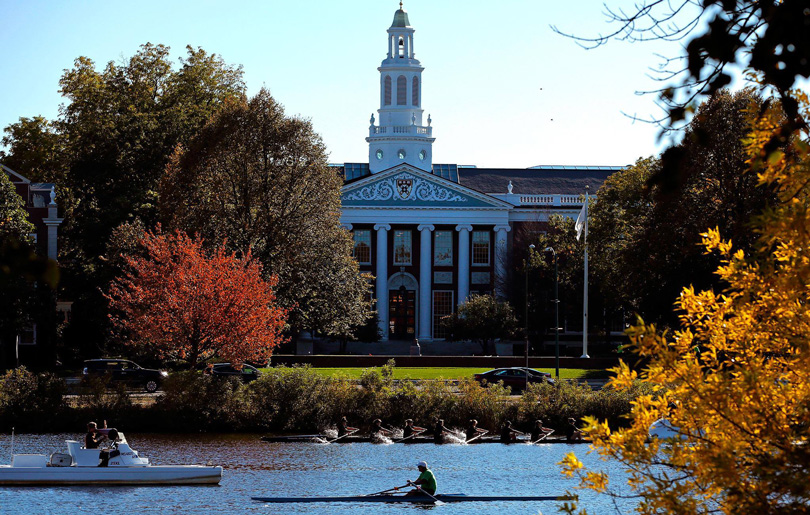
The first person I met at school was Sean - he was blind. Sean told me the story of how he came to Harvard to help people with disabilities to assert their place in the world. The second person was Michael, who sold his startup - built under the support of Y-combinator venture capital fund for Google before returning to school and I met him in a classroom at the University. Harvard business. There is also Ben who I guide at MIT. Ben went to MIT when he was only 15 years old to study physics and had just been accepted into the 10 doctoral training programs he had applied for (eventually Ben chose Stanford). My best friend at school named Roberto. He is a representative in Venezuela to improve the lives of fellow countrymen and every day, we are discussing politics when practicing at the Malkin Fitness Center.
2. Learn many topics from computer science, Korean Studies to product design
My favorite class is How to make almost anything? (How to create almost everything?) In MIT's Meida lab. There, I created an automatic basketball shot machine, 3D scanner (scan me) and my own self-assembling machine (which I still use today).
I was so fond of this class that I conducted lab research around the topic of computer vision, face recognition, product design and creating the first automatic milk scanner in the world. gender. I have also participated in computer science classes including CS 50, Python, Java and the basic principles of Web programming.
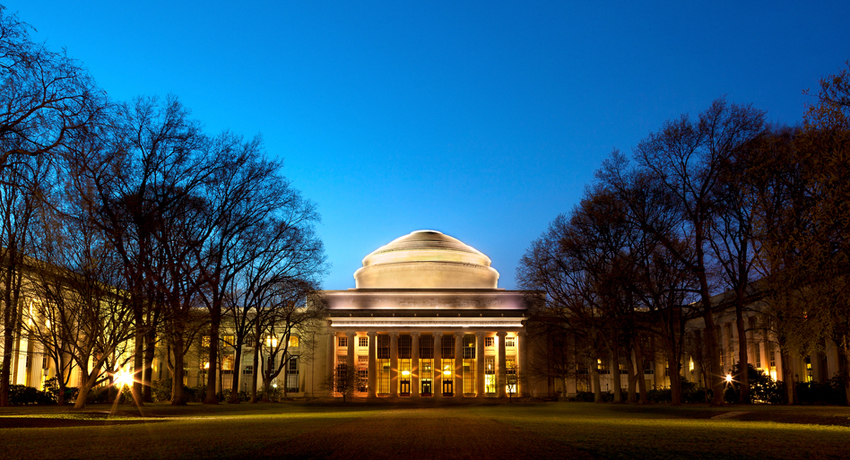
At Harvard Business School, I learned about The Online Economy from Professor Ben Edelman and researched product design under the guidance of Srikant Datar. At HKS (Harvard Kennedy School School of State Management), I learned about public policy and law from Professor Larry Summers, improving communication skills and public speaking skills, and studying principles basic of American political constitution. In addition, I also learned Korean every day at 8.30 am for two consecutive years.
At MIT Sloan, I participated in Innovation Teams and worked in teams of members from many disciplines, including engineering, business and public policy.
Each semester I study 6-7 classes and spread it to fit my weekly plan. Focusing on knowledge over grades has made a difference, allowing me to pursue interesting and knowledge-based classes.
3. Participate in interesting organizations, clubs and conferences
I was fortunate to live and was a member of the University of MIT's Epsilon Theta - where I worked as an advisor and instructor of undergraduate students in computer science, physics and mathematics.
Living and working with them helped me realize the importance of a mentor - like my role as a graduate student advisor at Adams House - one of the oldest student areas in the University. Harvard. In addition, I am also a mentor and advisory board at the Leadership Institute at Harvard University. Thanks to talking to students, I learned a lot by how they became valedictorians of high school and achieved other achievements.
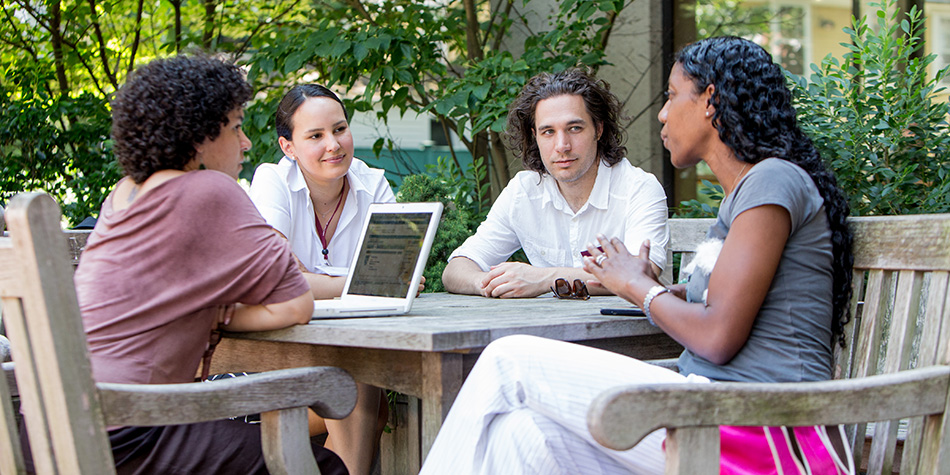
At Harvard Graduate Students Leadership Institute (Leadership Institute for Graduate Students at Harvard University), I connect closely with the students at Medical School, Theological School, Law . and we are together share strengths, weaknesses and life experiences. As co-founder of the Asian Student Club, I have spoken out against the phenomenon of discrimination against Asian students at Harvard and promoting the building of strong relationships. As a member of the Tech for Change Leadership Summit, I had the opportunity to exchange my views with the first American chief technology officer, Aneesh Chopra and learn more about the interference. between technology and politics. Also, as a co-chair of the Asian Business Conference at Harvard Business School, I also had the opportunity to discuss "Which country is suitable for recreating Silicon Valley in Asia?" (The conclusion is Singapore).
4. Know what I want to do with the only life I have
I started to make money at the age of 17, which is the job of tutoring younger students to cover college tuition. My second job is at Treehouse Cafe Thai Restaurant, so I have enough money for my senior year. Later, I entered investment banking at UBS and Merrill Lynch, responsible for leading programs in Singapore and Pyongyang for Choson Exchange - a North Korean non-profit organization focused on chapters. start-up and business education for North Korean youth. I went back to school to find my next direction and I knew that it was a beginning decision.
In New York, I had the opportunity to become Product Manager of WeChat - a mobile application with 700 million users, in which I helped create and develop a product based The chat system focuses on improving interactivity for brands like Nike, Burberry and Toyota. The experience of doing this made me more deeply interested in consumer technology space and strengthened my knowledge in the field of startup and innovation.
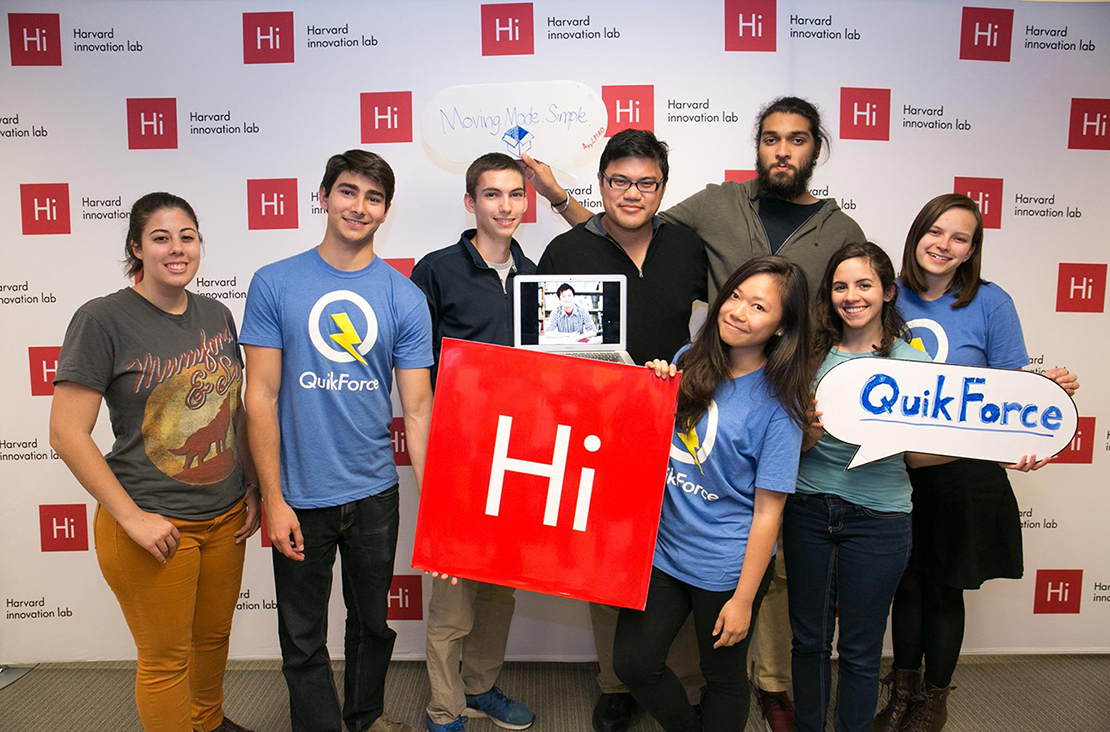
Next, I joined QuikForce - a Home Services startup, focusing primarily on simplifying the process of moving, moving and other services. As part of the entrepreneurial incubation program at Harvard Innovation Lab, we expanded QuickForce from Boston to Miami and New York, becoming a prominent name on TechCrunch, Yahoo Finance, Boston Globe and Business News Daily. At the same time, I became an investment partner at the Dorm Room Fund - a $ 500,000 venture capital fund focusing on investments in startups founded by students - places I have found understand about venture capital, investments and startups. All these experiences have helped me to confirm that starting a business is the right way for me to keep moving forward.
5. Maintaining balance and staying healthy is important
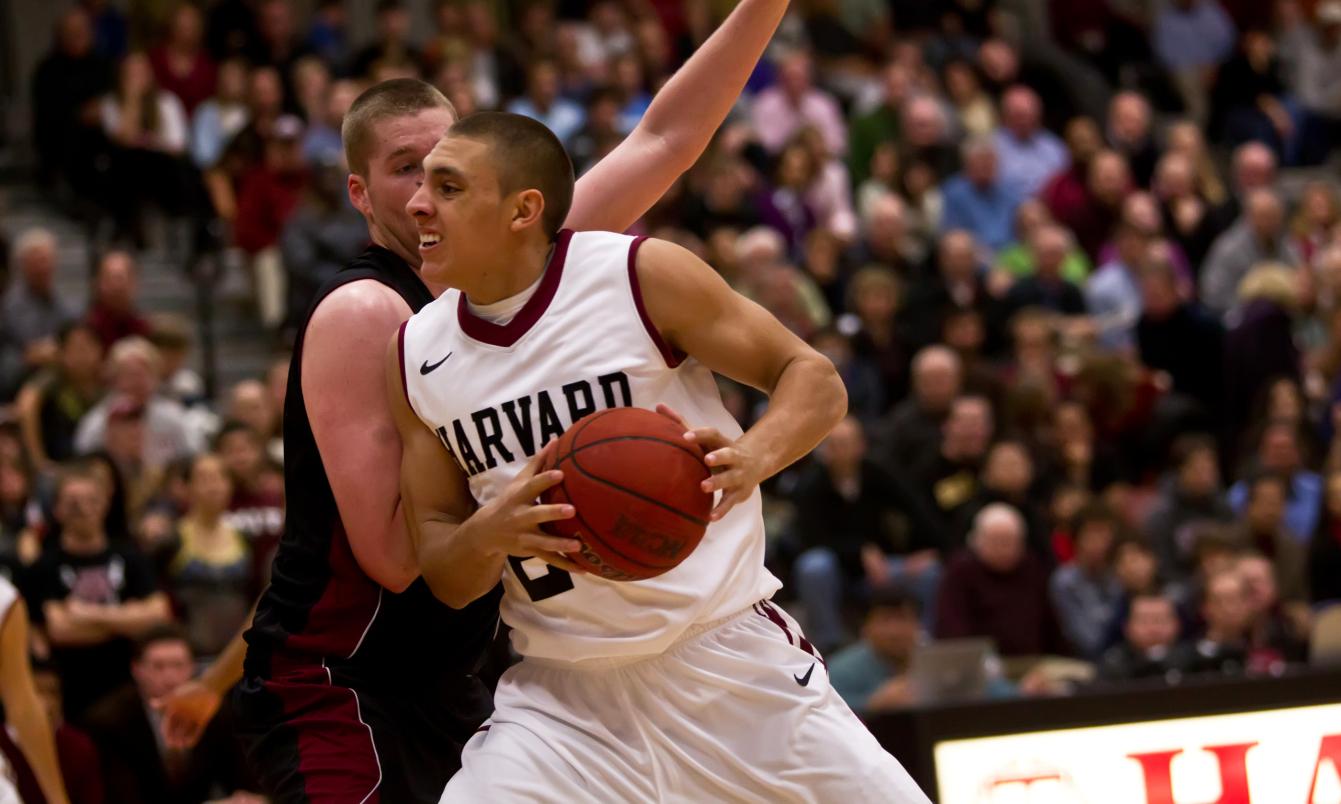
Last but not least, I learned at MIT and Harvard that among the things to do every day, keeping your body fit and healthy is extremely important. You must constantly practice and maintain that habit. While at school, I joined New York City Triathlon - where I swam 1.5 miles across the Hudson River, cycled 26 miles to the Bronx and pedaled back, running 6 miles through Central Park. In addition, I participated in basketball and badminton tournaments at MIT and Harvard. In addition, every morning I practice, run and swim.
Indeed, the time at MIT and Harvard has changed my life, but I know this journey has only just begun.
You should read it
- ★ Digital Entrepreneurship: Launching and Growing an Online Business
- ★ The three mistakes that startups make often follow Randi Zuckerberg - his sister Mark Zuckerberg
- ★ 5 serious illusions that any entrepreneur should avoid
- ★ Starting a business: 4 things to remember when conflicts occur between members of the founding group
- ★ 5 successful business lessons from Amazon CEO - Jeff Bezos